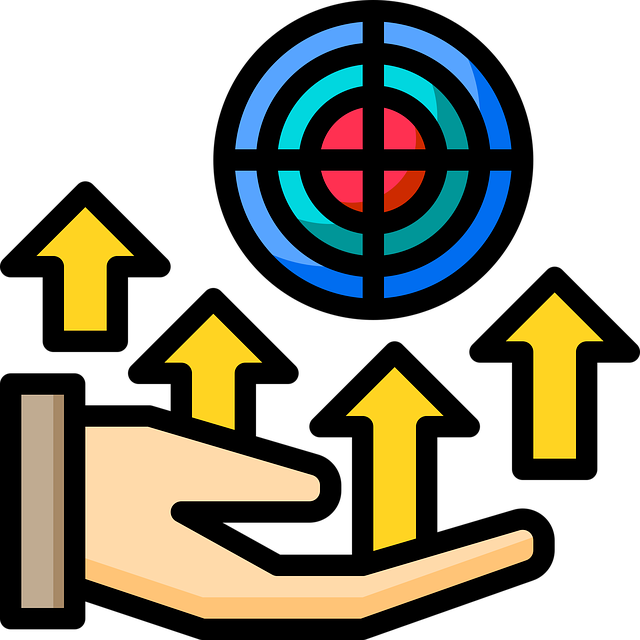In a competitive real estate market, AI contract lifecycle automation platforms optimize lead generation and management by leveraging machine learning to identify and prioritize high-quality leads, automate tasks like data entry and communication, and provide real-time insights. These tools free up agents' time for relationship building, enhance productivity, compliance, and client experience, ultimately driving business growth. Implementing AI requires strategic analysis of current processes, selection of suitable platforms, data integration, model training, continuous monitoring, and adaptation to market changes.
“Revolutionize your residential real estate business with AI-driven lead generation strategies. In today’s digital landscape, understanding the role of Artificial Intelligence (AI) in property sales is essential. This article explores how AI contract lifecycle automation platforms enhance lead management, from initial engagement to successful closures.
We’ll delve into the benefits, including improved efficiency and accuracy, and provide a step-by-step guide for seamless implementation. Discover how these advanced systems can transform your business, attracting the right leads and fostering stronger client relationships.”
- Understanding AI's Role in Residential Real Estate Lead Generation
- Advantages of Using Contract Lifecycle Automation Platforms for Real Estate Businesses
- Implementing AI: A Step-by-Step Guide for Lead Generation Success
Understanding AI's Role in Residential Real Estate Lead Generation

In the competitive landscape of residential real estate, efficient lead generation and management are key to success. Artificial Intelligence (AI) has emerged as a powerful tool that can revolutionize this process, offering significant advantages over traditional methods. AI contract lifecycle automation platforms play a pivotal role in streamlining the entire customer journey, from initial inquiry to closing deals. These advanced systems utilize machine learning algorithms to analyze vast amounts of data, identify potential buyers and sellers, and qualify leads with remarkable accuracy.
By understanding buyer preferences, market trends, and behavioral patterns, AI can predict and prioritize high-quality leads. This enables real estate professionals to focus their efforts on the most promising prospects, maximizing return on investment (ROI). Moreover, AI automation platforms can automate various tasks such as data entry, lead nurturing, and communication, freeing up valuable time for agents to dedicate to building relationships and providing exceptional client service.
Advantages of Using Contract Lifecycle Automation Platforms for Real Estate Businesses

In today’s digital era, real estate businesses are increasingly turning to AI contract lifecycle automation platforms to streamline their operations and gain a competitive edge. These platforms offer significant advantages by automating repetitive tasks such as document generation, data entry, and contract reviews, thereby saving time and reducing errors. With AI integration, agents can focus more on client interactions and deal closures rather than getting bogged down by administrative work.
Moreover, AI contract lifecycle automation enhances efficiency by providing real-time insights into contract status, identifying potential risks or discrepancies early on. This proactive approach allows for swift decision-making and better client communication. By leveraging these platforms, real estate businesses can improve overall productivity, ensure compliance, and deliver a more seamless experience to their clients, ultimately fostering stronger relationships and driving business growth.
Implementing AI: A Step-by-Step Guide for Lead Generation Success

Implementing AI for lead generation in residential real estate requires a strategic approach. Start by identifying your current lead generation processes and pain points using data analytics to pinpoint areas for improvement. Choose suitable AI tools, focusing on AI contract lifecycle automation platforms, which can streamline document processing, automate tasks like data entry and qualification scoring, and offer insights into client behavior based on historical data.
Next, integrate these platforms with your existing CRM system to ensure seamless data flow and avoid manual data transfer. Train the AI models using relevant datasets, including past customer interactions and property trends, to enhance their accuracy. Continuously monitor and optimize performance by regularly reviewing generated leads, fine-tuning algorithms, and adapting strategies based on feedback and market dynamics.
AI and contract lifecycle automation platforms are transforming residential real estate lead generation by streamlining processes, enhancing efficiency, and providing valuable insights. By implementing these technologies, agents can automate repetitive tasks, focus on quality leads, and deliver personalized experiences. Following a structured implementation guide ensures success, allowing professionals to stay ahead in the market and optimize their business strategies.
